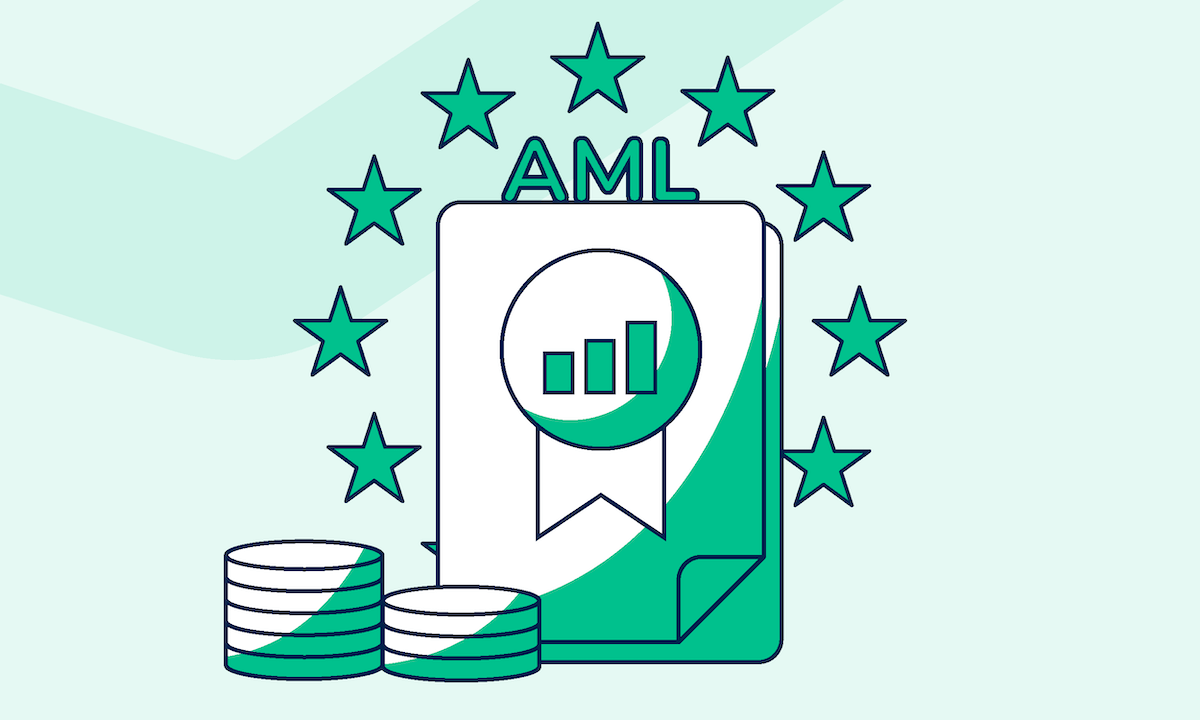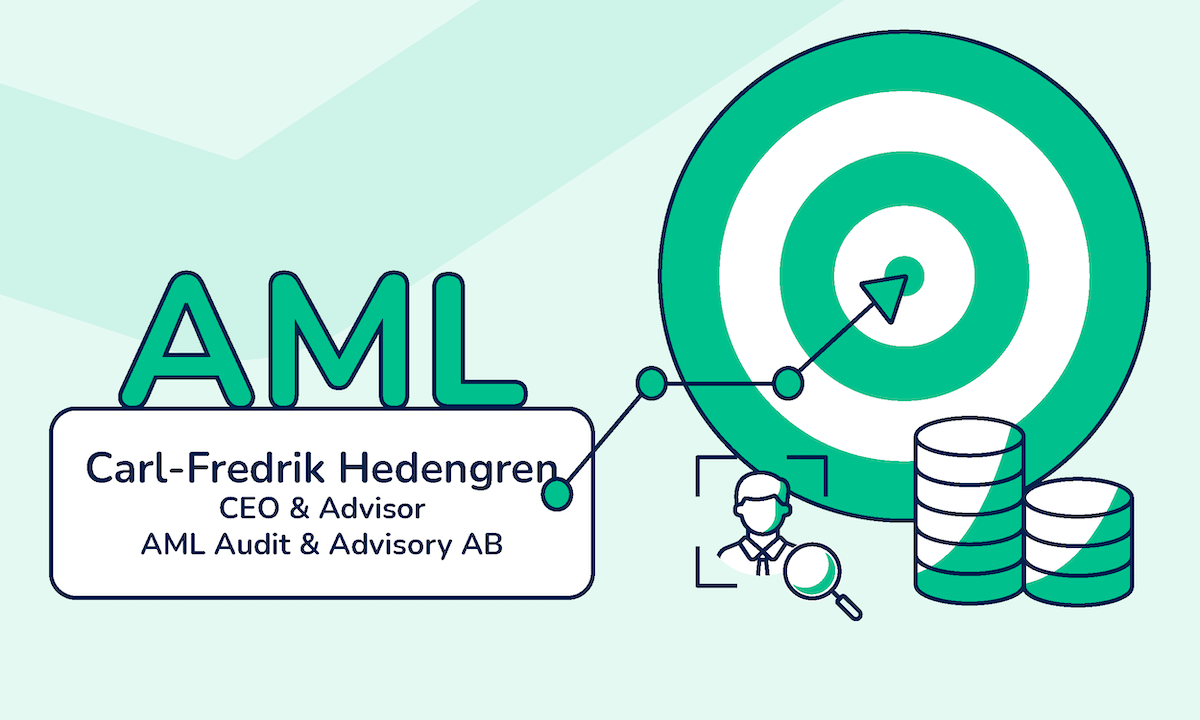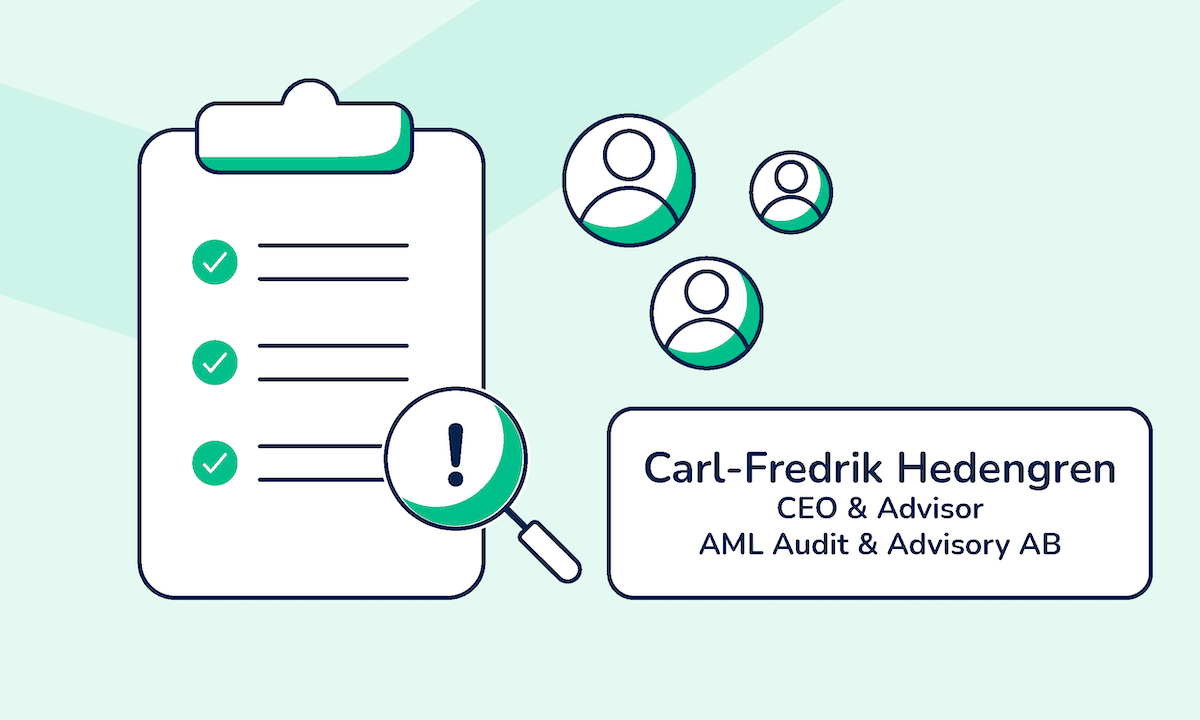Often, financial crime hides behind complex corporate structures. Therefore, business-to-business companies subject to Anti-Money Laundering laws must verify the identities of their clients’ ultimate beneficial owners.
Verifying the beneficial owners’ identities is a mandatory customer due diligence measure and an essential part of the KYC process.
This article highlights the requirements set out by AML/CFT rules regarding the identity verification of ultimate beneficial owners in Belgium.
Are you interested in another country? Then, check out the following articles:
- Beneficial Owners in Denmark
- Beneficial Owners in Norway
- Beneficial Owners in Sweden
- Beneficial Owners in Finland
What is an ultimate beneficial owner (UBO)?
An ultimate beneficial owner or UBO is the natural person who directly or indirectly owns or controls a legal entity.
Depending on the type of legal entity, the following people qualify as the entity’s beneficial owners.
Corporate entities
In the case of corporate entities, a beneficial owner can directly or indirectly own the company or control it by other means.
- Direct ownership: the beneficial owner is the person who holds more than 25% of the voting rights or shares in the company.
- Indirect ownership: the beneficial owner is the person who controls a holding company that owns more than 25% of the shares in the corporate entity.
- Control by other means: the beneficial owner is the person who effectively controls the company by other means such as a shareholder’s agreement, veto rights, etc.
When obliged entities can’t identify who ultimately owns or controls a company, they can register the senior management officials as the beneficial owners.
However, they will need to record all the steps taken to identify the UBOs, together with an explanation regarding why the identification process was unsuccessful.
Trusts and similar legal arrangements
When it comes to trusts, the settlor, the trustee, the protector, the beneficiary, and any other persons exercising direct or indirect control over the trust are considered the beneficial owners.
Non-profit organizations
For non-profit organizations, members of the board of directors, representatives, persons in charge of day-to-day management, founders, and other people exercising direct or indirect control over the organization are considered the beneficial owners.
When do I have to verify the identity of my client’s beneficial owners?
You must verify the identity of your clients’ beneficial owners in the following situations:
- when you establish a business relationship with a new client
- in the case of occasional transactions:
- when a customer carries out transactions amounting to €10,000 or more
- when a customer carries out transfers of funds amounting to €1,000 or more
- when a customer carries out transfers of funds, and they deposit the funds in cash or in the form of anonymous electronic money
- when you suspect money laundering or terrorist financing
- when you are unsure that the person who wishes to carry out transactions is actually the customer with whom the business relationship was established
- when you are unsure about the accuracy of previously collected information
Exceptions are the customers that are companies trading on regulated markets established by MiFID II.
How do I identify the beneficial owners of a client?
In Belgium, all legal entities must register their beneficial owners in the UBO register. Therefore, the first step towards identifying your client’s beneficial owners is looking them up in the UBO register.
Most EU countries have national centralized and publicly available UBO registers. Therefore, if your customer is an EU company, you can use the relevant national register to collect information on beneficial ownership.
How do I verify the identity of my client’s beneficial owners?
For starters, you need to collect information regarding the full name, birth date and place, nationality, and address of the beneficial owner.
Then, you have to verify the accuracy of the information using one or more of the following methods:
- asking for official documents such as passports or national identity cards as proof of identity
- requesting the UBOs to confirm their identities using trusted electronic identification means
- accessing the person’s data in the Belgian National Registry
You can apply less rigorous verification measures for low-risk customers. However, these measures need to confirm the identity of beneficial owners with a reasonable degree of certainty.
Conversely, you must thoroughly verify the identity of the beneficial owners when the customer poses a high risk of ML/TF. In this case, collecting additional information and verifying it against multiple reliable sources is necessary since there should be no doubt about the beneficial owners’ identities.
How can Penneo help you verify the identity of your client’s beneficial owners?
Penneo KYC is a digital solution that can help you automate the tasks associated with the identification and identity verification of ultimate beneficial owners.
Thanks to Penneo’s integrations with national UBO registers, you can retrieve beneficial ownership information in no time. What’s more, the system periodically screens the beneficial owners against PEP and sanctions lists and notifies you about any changes, so you can adjust the risk level accordingly.
With Penneo KYC, you can request the information and official documents you need from the customer in just a few clicks. And they can conveniently send it back to you from anywhere and from any device. All the data is encrypted, so you don’t have to worry about it falling into the wrong hands.
The collected data is then securely stored in the system, and you can easily access and retrieve it when needed. Not to mention, you don’t have to worry about manually deleting it anymore. Penneo will automatically schedule the data to be deleted after five years from the end of a business relationship or occasional transaction.
So what are you waiting for? Book a demo of Penneo KYC and say goodbye to time-consuming KYC processes!





